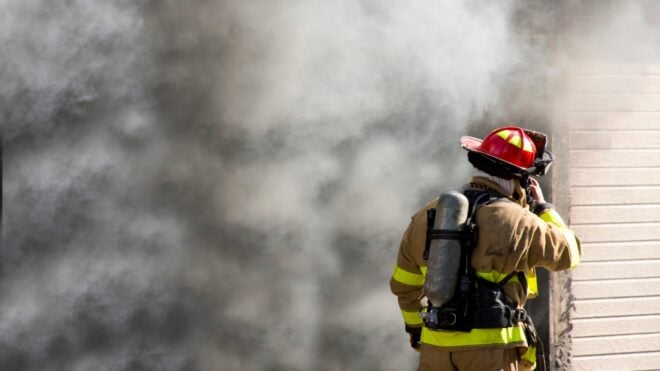Waking up in the morning is something most of us do with a certain amount of reluctance. You’re tired, you were just so warm and cozy, and you are so, so sleepy.
Getting up and out of bed is no one’s idea of a good time, even if you’ve already mastered these clever strategies for getting your brain going in the morning.
And the prospect might be even less appealing if you find that you’re waking up in the morning with a sore jaw.
That’s a symptom of common disorder called TMJ, commonly caused by nighttime teeth grinding, and it’s enough to make most of us turn right around and go back to dreamland.
But think twice before you snuggle back up under the covers; TMJ can be a painful and progressive problem that affects your lifestyle over time, and it’s generally causing the most havoc when you’re asleep.
So instead of hitting snooze, pour yourself a cup of Joe, and start checking out your symptoms to figure out what your teeth might be up to when you aren’t paying attention, and what you can do to fix it!
Thumbnail Credit: Wikimedia Commons
What Is TMJ?
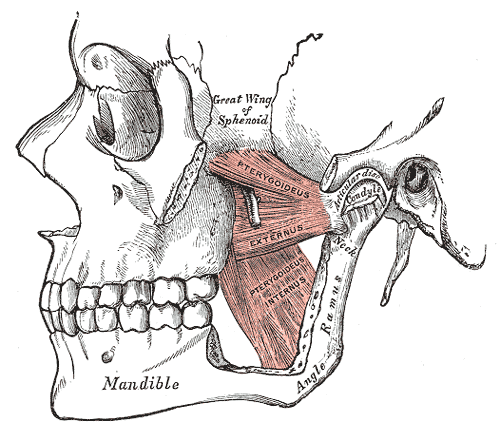
The acronym TMJ actually simply stands for "temporomandibular joint," the hinges just in front of your ears that open and close the jaw.
Generally, however, when we use the acronym, we're referring to disorders of that joint, which can cause pain, stiffness, and difficult chewing if left unattended.
TMJ disorders can be caused by any number of things, including jaw surgery and arthritis, but is most often associated with bruxism, or teeth grinding.
Because teeth-grinding is subconscious, many people don't realize they do it until they develop TMJ symptoms.
Symptoms of TMJ Sign #1: Sore Cheeks
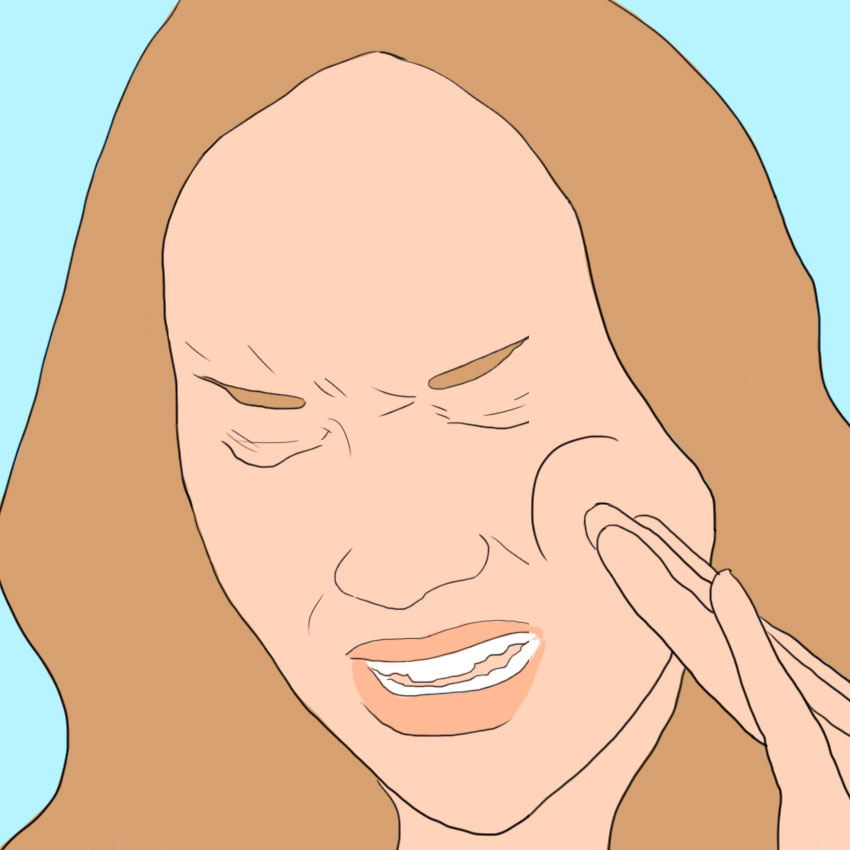
One of the first signs of TMJ problems is pain, tenderness, and ever swelling in your cheeks.
You might feel muscle exhaustion, weakness, or cramping in the muscles of your cheeks, especially toward the back of your face near the ears.
If you're clenching your jaw or grinding your teeth, your cheeks might show the signs first from the exhaustion of holding your jaw in that position.
Sign #2: Tension Headache
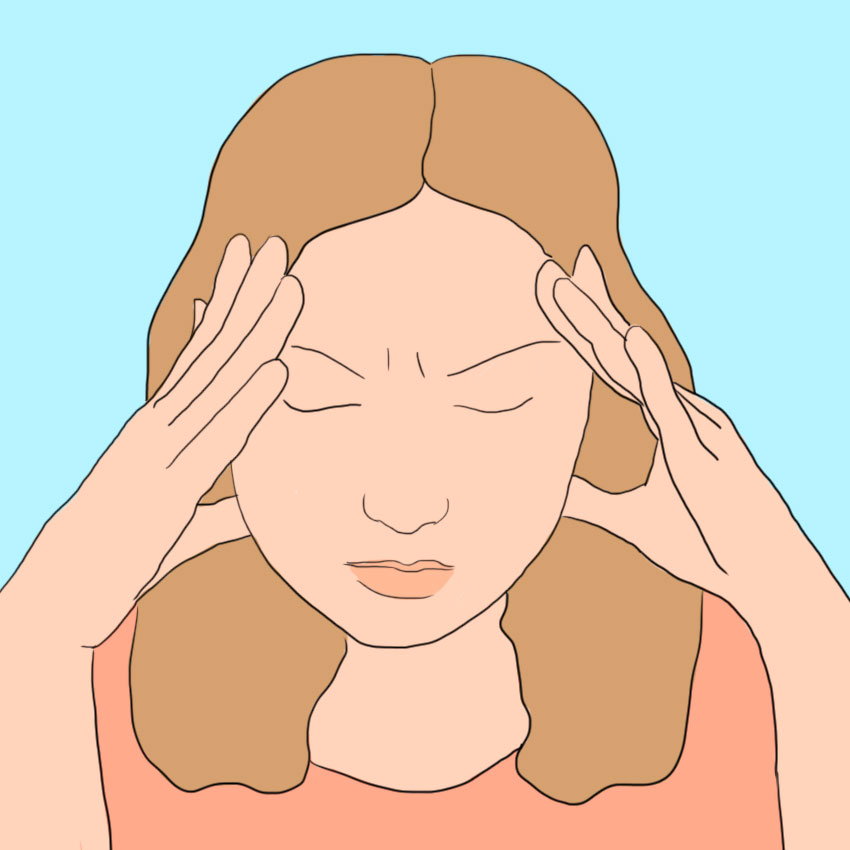
When you get a headache, do you tend to feel it first in your temples?
If you are constantly feeling stress and discomfort that feels like a tight band wrapping around the crown of your head, it might be connected to TMJ.
Tension headaches develop when we put a lot of strain in the muscles of our faces, necks, and upper backs.
Clenching and moving your jaw muscles causes muscular spasms and tightening, which leads directly to tension headache.
Sign #3: Popping Sounds
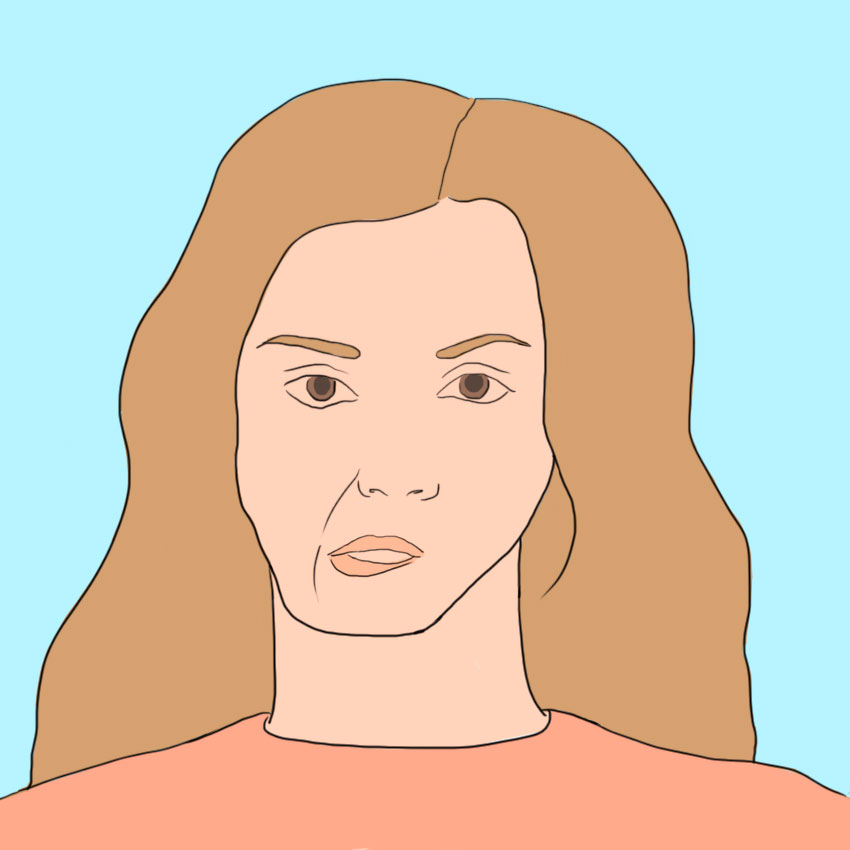
Try gently shifting your lower jaw from left to right and back again.
If you feel a grating sensation, or hear popping or clicking as you make this motion, you are probably suffering from a TMJ misalignment.
You might notice it especially when you chew or yawn, signs that your jaw is protesting vigorous movements, and that the joint is moving out of alignment.
Sign #4: Locked Jaw
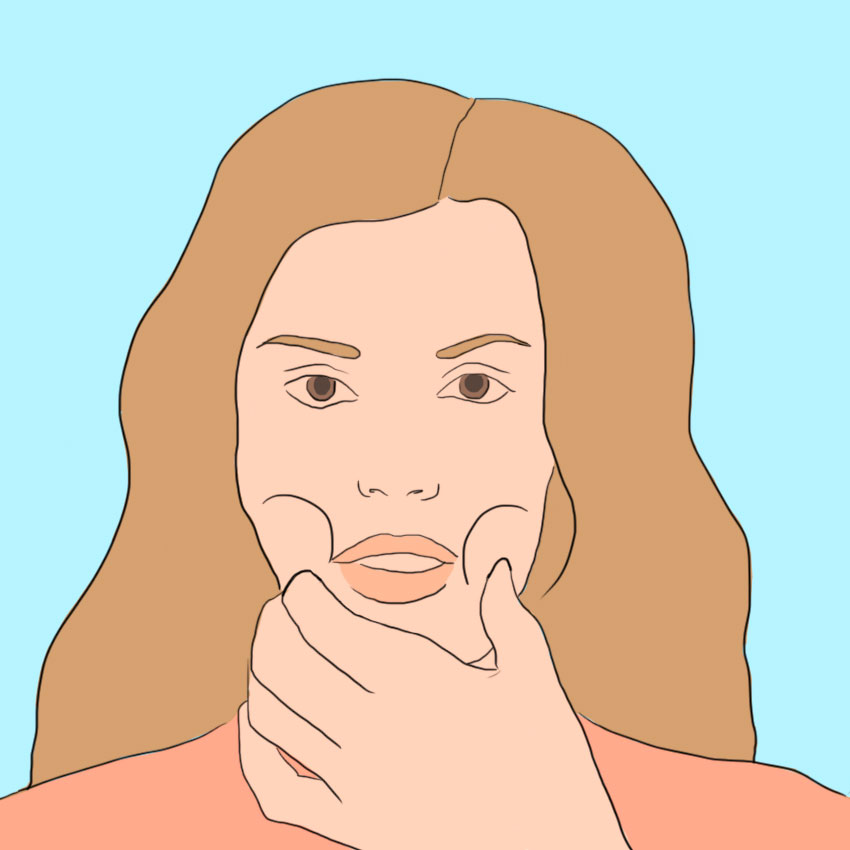
If you've ever had a locked jaw, you know how unpleasant it can be.
Unfortunately, this is often a symptom of TMJ disorders after they've advanced a certain amount.
Though it's a symptom commonly associated with tetanus, you may also experience lockjaw if your facial muscles exceed normal muscle fatigue and start to spasm.
They may hold your jaw in one position on one or both sides.
Remedies For TMJ Solution #1: Facial Massage
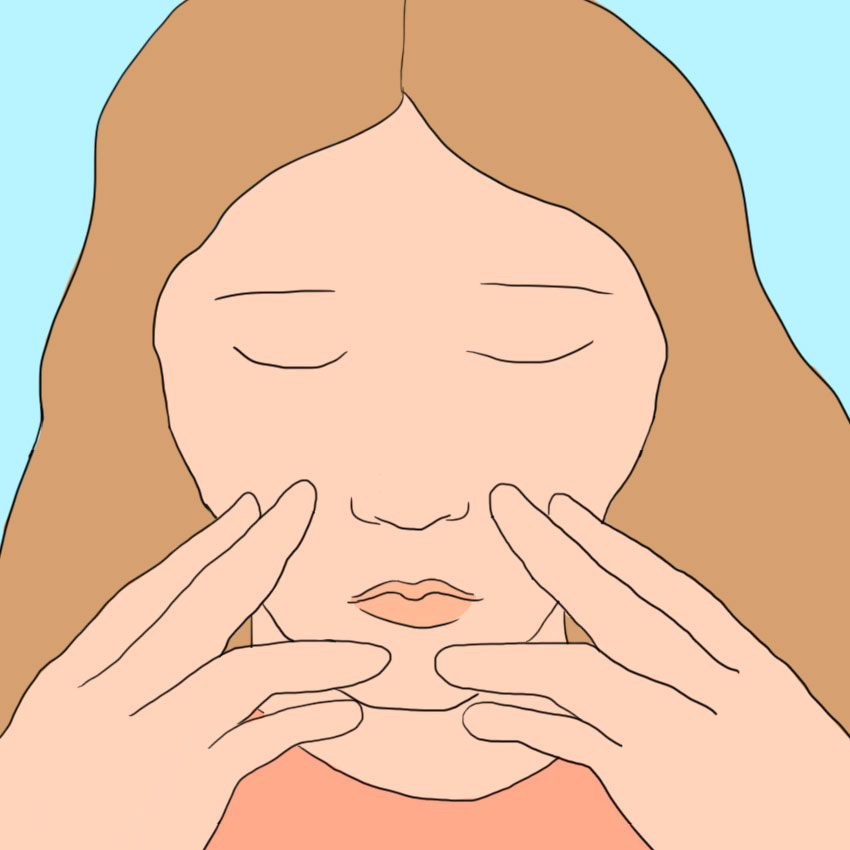
One of the easiest ways to relieve muscular pain of any kind is to massage the affected area.
Help your jaw muscles loosen and relax by gently, but firmly, massaging your cheeks, chin, and the area next to you ears where the joint is located.
Massage until you start to feel some relief or relaxation of the area.
Solution #2: Relaxation Exercises
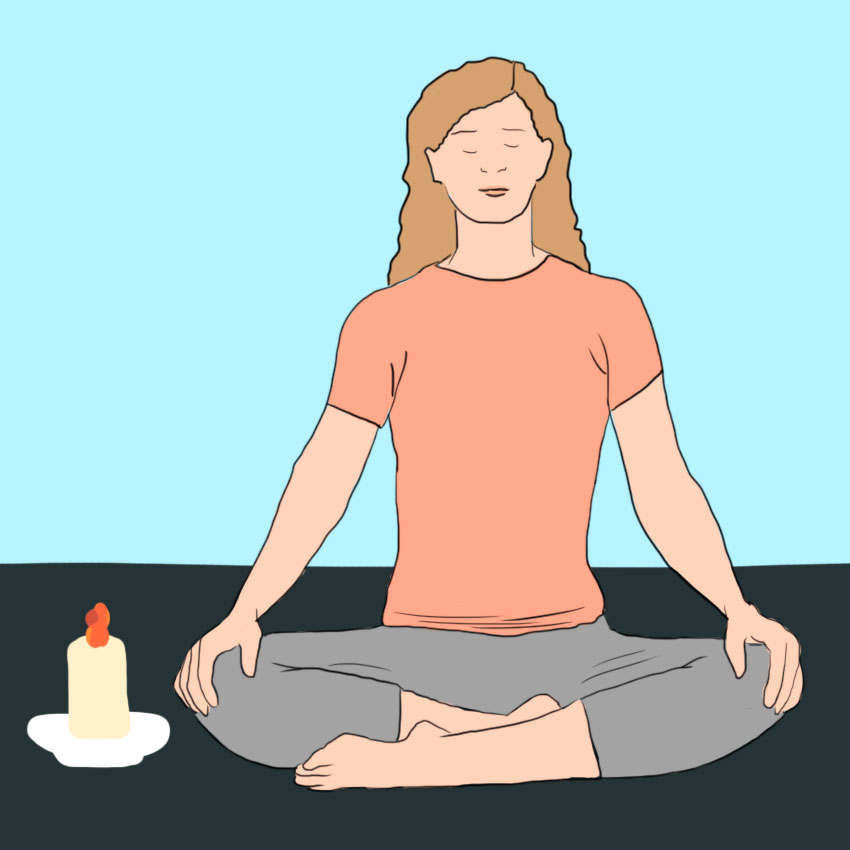
One of the primary causes for TMJ discomfort in general, and teeth-grinding in particular, is stress and anxiety.
You may find yourself clenching your jaw or grinding your teeth more often (even during the day) if you're stressed out by work, family, money, and so on.
Try to come up with strategies to cope with these stressors, like incorporating meditation, yoga, and breathing exercises into your daily routine.
Solution #3: Valerian Tea
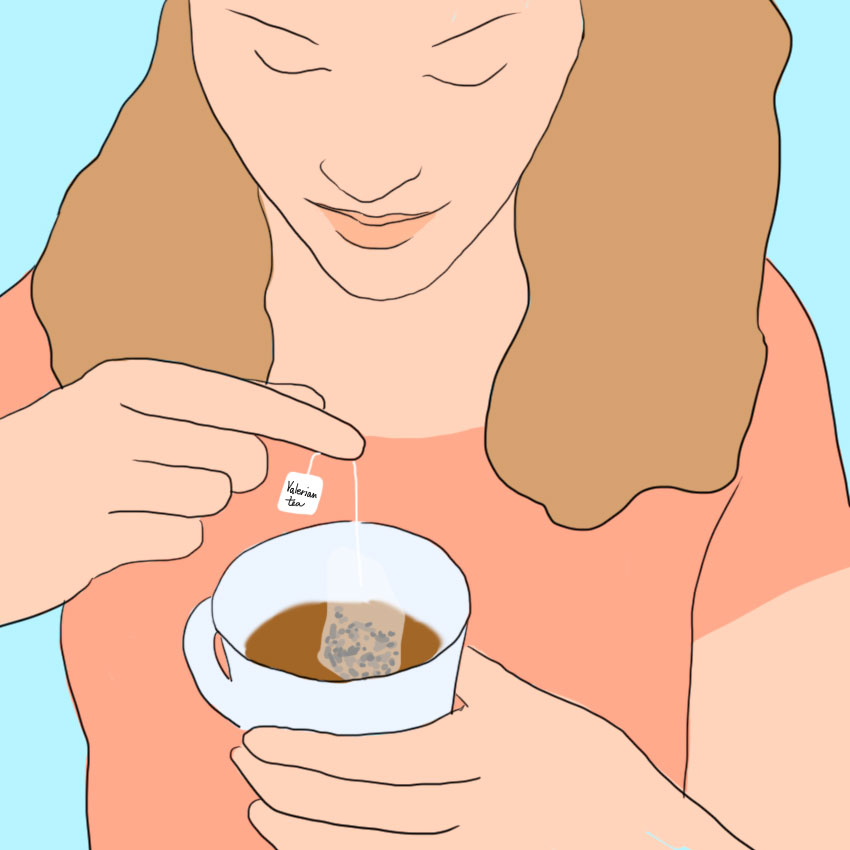
One of the best ways to eradicate TMJ pain is by getting a good night's sleep, and making sure that your muscles are relaxed first.
Try drinking some valerian tea, or taking a valerian supplement an hour or two before bedtime.
It will help muscles relax and stop spasming before bed, which will both help usher you into dreamland more quickly and easily, and will lessen the likelihood of bruxism in the night.
Solution #4: Snack On Cashews
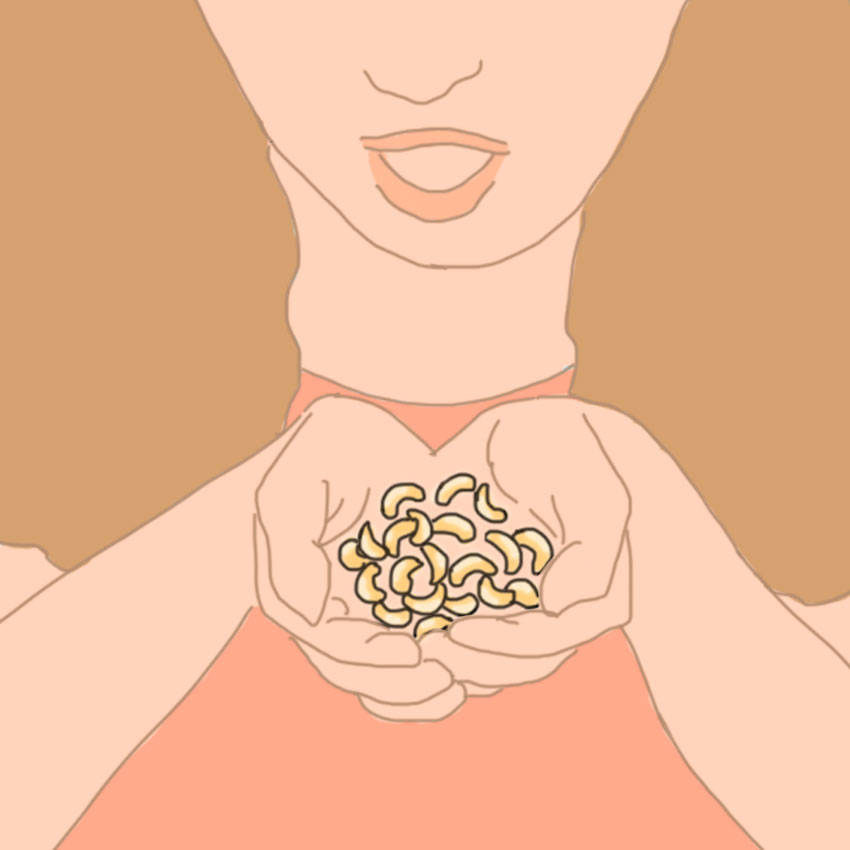
Cashews, along with many other varieties of tree nuts, are high in magnesium, an important nutrient that contributes muscle wellness and integrity.
If your diet is deficient in magnesium, your muscles contract, contributing to the pain and spasming around the jaw.
Avocados, and many seeds and grains, also contain magnesium and are a great way to help heal your pain through diet.
People suffering from TMJ pain should also take the time to consult with a dentist, and make sure that a misalignment of teeth isn't causing the problem.
Your dentist can also fit you with a night guard to prevent nighttime teeth-grinding, in addition to the DIY remedies you can try at home!
If you plan to incorporate this hand guide into your daily routine, make sure to SHARE with anyone else who experiences similar symptoms!

